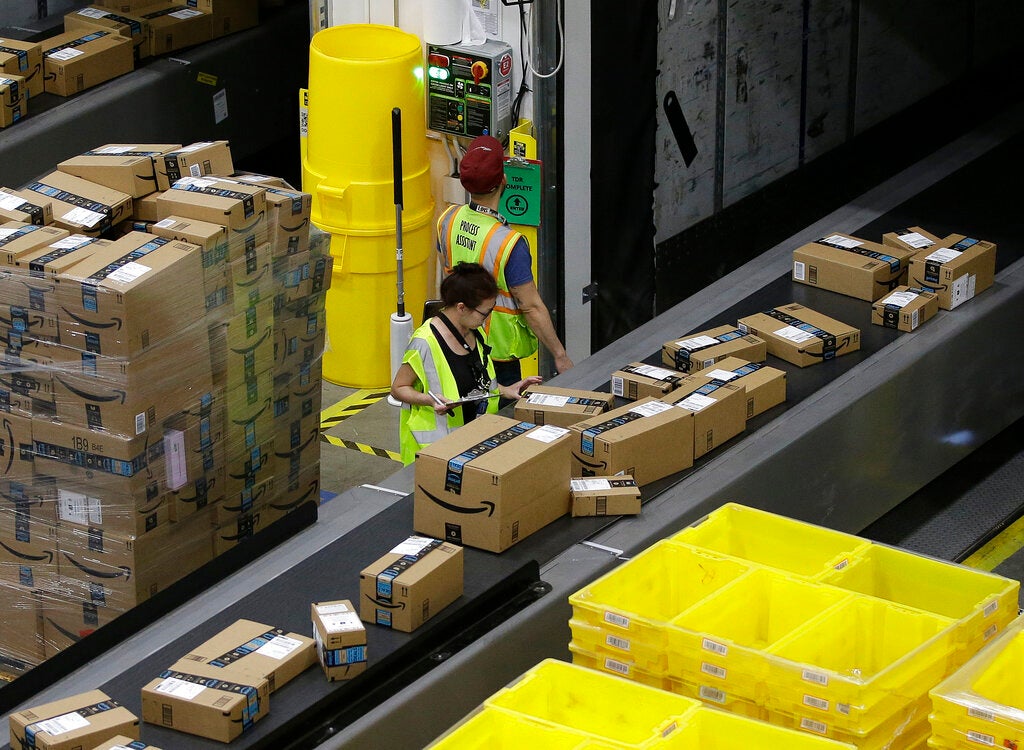The recent ruling on Prop 22 in California has brought an end to a long legal battle that has been ongoing for years. This ruling essentially created a new classification for workers, allowing them to receive limited benefits without being granted the full array of rights that come with being classified as full-fledged employees.
In November 2020, California voters passed Prop 22 with nearly 60% of the vote. This proposition was aimed at allowing app-based rideshare and delivery drivers to remain independent contractors while also receiving new benefits such as guaranteed earnings and access to a health care stipend. The campaign in support of Prop 22 saw companies like Uber, Lyft, and DoorDash pouring over $200 million to boost positive awareness and secure its passage.
The recent decision to uphold Prop 22 was met with celebration from many gig companies. DoorDash, for example, stated that the ruling allows their drivers, known as Dashers, to continue setting their own hours, earning flexibly, and receiving other benefits and protections provided by the law. This decision was seen as a win for drivers who value the flexibility that being an independent contractor provides.
A survey conducted by The Mellman Group in December 2023 found that California app-based drivers overwhelmingly support Prop 22 and strongly prefer to remain independent contractors. This sentiment was echoed by Uber, which highlighted the importance of listening to drivers and developing innovative models that preserve their independence while also providing important benefits and protections.
Despite the ruling in favor of Prop 22, the debate may not be over. The International Brotherhood of Teamsters, represented by General President Sean M. O’Brien, expressed disappointment in the ruling. They believe that all workers, regardless of the company they work for, deserve basic worker protections such as overtime pay, paid sick leave, and unemployment insurance. The Teamsters vow to continue fighting against what they see as Big Tech’s exploitation of workers.
In conclusion, the ruling on Prop 22 in California marks a significant milestone in the ongoing debate over worker classification and benefits. While many gig companies and drivers see it as a victory for flexibility and independence, others believe that more needs to be done to ensure that workers are provided with the protections they deserve. The future of worker classification and benefits in the gig economy remains a topic of contention, with stakeholders on all sides continuing to advocate for their positions.



















